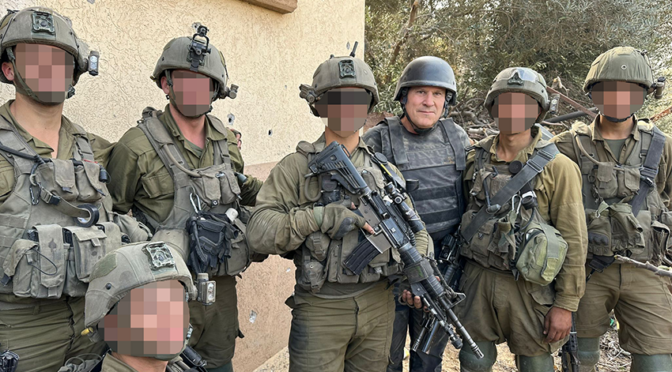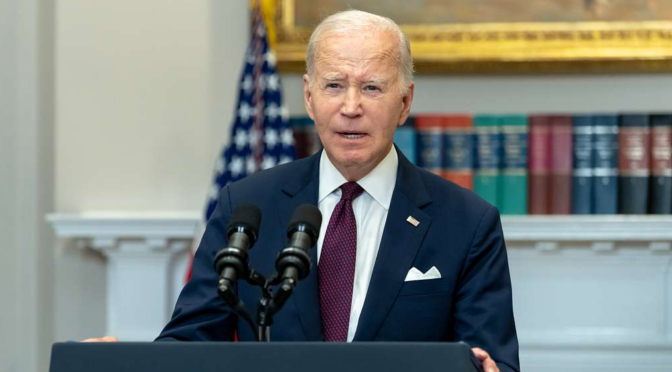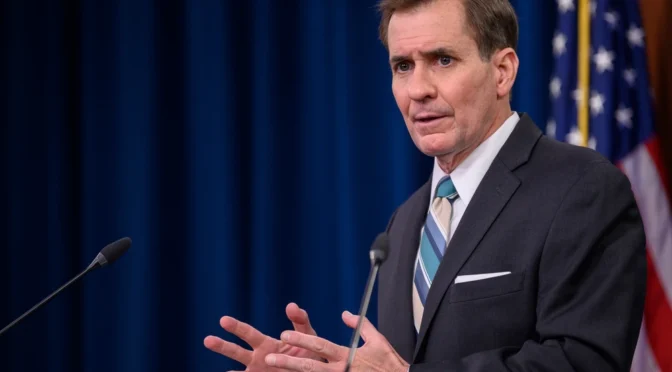Article published in The Jewish Chronicle, 19 December 2023. © Richard Kemp
Well intentioned though he may be, former defence secretary Ben Wallace, in an article in the Telegraph, gets much wrong about the Gaza conflict and risks stoking antisemitic hate. He supports the eradication of Hamas but says Israel is doing it all wrong. He doesn’t explain in any detail how they should do it differently. What he does offer are lessons from Northern Ireland. But Wallace doesn’t seem to recognise that Gaza is nothing like Northern Ireland. Not only that, he draws the wrong conclusions about how the IRA terrorist campaign ended. He seems to think it was because the Nationalist population ‘recognised that the IRA didn’t have its wellbeing and economic interests at heart’, which it was not. He seems to imply from this misunderstanding that Israel should be prioritising winning the hearts and minds of the civilian population over destroying Hamas.
The reality is that the vast majority of the Nationalist community never supported IRA violence but were largely powerless to do anything about it. On the other hand the people of Gaza, as well as the people of Judea and Samaria — the West Bank — are overwhelmingly behind Hamas’s violence. Nothing like the level of visceral hatred for Israel and the Jews that exists in these territories was ever present against the British in Northern Ireland. It is virtually bred into Palestinians almost from birth. Despite what Wallace suggests, nothing can change that, at least for generations.
The IRA was in fact beaten by British military and police action and almost total intelligence penetration of their terrorist networks, not by some kind of popular uprising against them. Likewise, Hamas can only be defeated by overwhelming force. It was never necessary to use the same level of violence against the IRA as it is against Hamas, because their very nature, and the environments of the two conflicts, were utterly different. Northern Ireland, where I did seven operational tours of duty, was and remains a part of the UK, with a constant level of policing and security. Gaza on the other hand is effectively a separate country, and has been totally controlled in all aspects by Hamas.
Hamas fights among civilians and designs its tactics to ensure Israel kills as many civilians as possible. The IDF on the other hand have become world leaders at attacking an enemy while minimising the extent of civilian casualties. I was in Israel a few years back with a delegation of about 15 former generals from democracies around the world. Every one of them said their own armies would not be able to achieve Israel’s standards of avoiding unnecessary civilian deaths.
Wallace does not appear to accept this, writing that Israel is carrying out indiscriminate attacks. That is the opposite of reality. According to a former US State Department official and Marine Corps fighter pilot, Israel is using a greater percentage of precision aerial weapons in this conflict than any country in the history of urban warfare. Israel only carries out attacks against terrorists and does all it can to warn civilians to leave an area that is going to be targeted. That is their obligation under the laws of war, but inexplicably Wallace suggests this very action breaks those laws by ‘forced movement of civilians’. Hamas of course consistently does the opposite, often forcing civilians to remain in an area they know is about to be attacked.
Wallace also suggests there is a danger of Israel breaching the Geneva Conventions by disproportionate use of force. Proportionality has a specific meaning in humanitarian law: an attack may only be carried out if the expected harm to civilians is not excessive in relation to the expected military advantage. He cannot possibly know whether or not this is the case and should not make such irresponsible allegations. If he is suggesting that Israel is killing a disproportionate number of civilians compared to combatant casualties, again he cannot know.
The former Defence Secretary appears to accuse Israel of illegal collective punishment of the civilian population. This is not accurate, either. If he’s talking about Israel denying or restricting goods required to alleviate civilian suffering which could fall into the hands of the enemy, that is both necessary and lawful under the Geneva Conventions, provided it is not intended specifically to harm civilians. I know Wallace does not intend to do either, but his words play right into Hamas’s hands and risk fuelling the sort of antisemitic hatred that we have already seen too much of on the streets of Britain.





